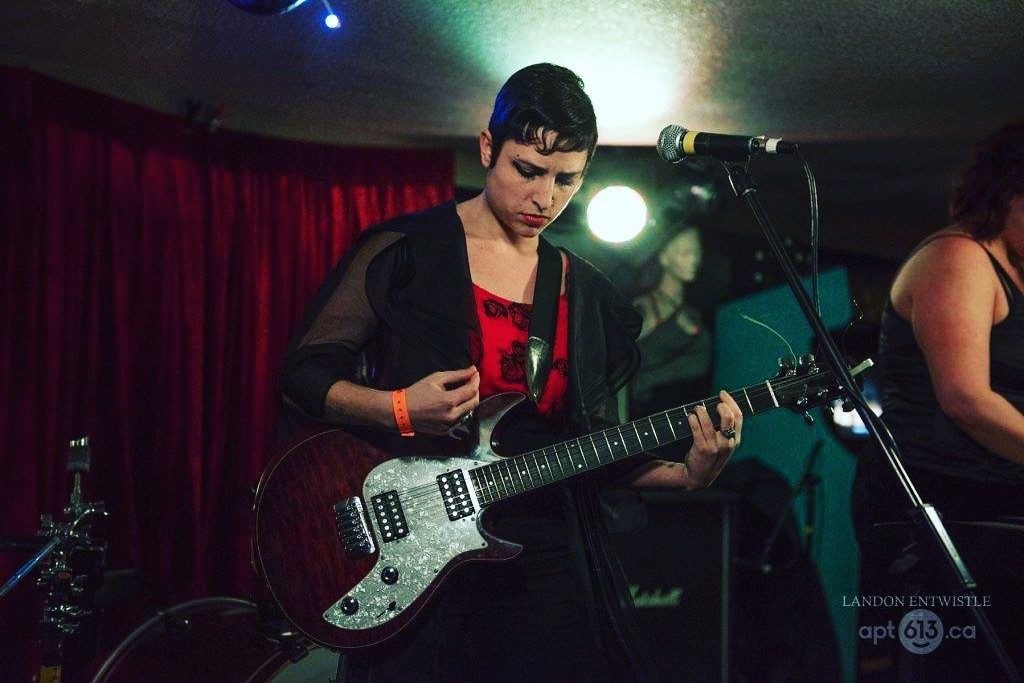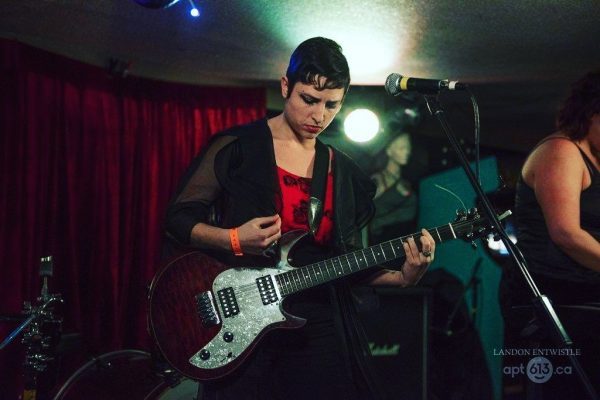
Once a year for over a century, we’ve had International Women’s Day (IWD), a recognition and celebration of women’s rights. In many ways it is also a signpost that there are still gaps in our awareness and collective understanding if we still need just one day a year to remember the rights of women the world over.
International Women’s Day can be a day that we remember to remember, every day. The women on the front lines fighting for justice and equality, the women who have changed the laws of labour, the women in unsafe places who haven’t yet found safety, the trans women and non-binary people who continue to fight for space and peace, the young girls still awakening to the world, our elders who have paved the way with courage, and to the particular and astounding quality of strength that lives in all women, everywhere, no matter their circumstance.
Today can also be a day to remember that the labour movement is part of a capitalist economy that has left many vulnerable members of our communities in the shadows, and has been built on the land of the First Nations. How can we move forward from here, continuing to take clear measured steps towards true equality on all levels?
Dolly Parton, “9 To 5”
This song might as well be the soundtrack to women’s labour rights. The beauty of International Women’s Day is that it lets us look back over the different generations that have taken up this torch, see what has changed, what has yet to change, and the women who have shared their voices at each point along the way.
Buffy Sainte Marie, “My Country Tis Of Thy People You’re Dying”
Buffy Sainte Marie has been sharing protest music and poetry since long before I was even alive. Though this song was written decades ago, it continues to be a moving reminder of how Canadian history has been built on stolen land from First Nations communities. It seems impossible to consider the progress of labour rights without this foundation.
Valerie June, “Workin’ Woman Blues”
This is a stunning dedication to the sacrifice many women have made to join the labour forces. It often meant the loss of other life joys, just as many women had previously not had the joy to choose to work a traditional job.
U.S. Girls, “Woman’s Work”
While Valerie June sings about a choice between roles, Meg Remy pays an eerie homage to the women who tried to do it all. The very pressure of perfection and the expectation that women can be everything to everyone becomes a source of undoing for so many, and how easy it is to forget that we all came from the warmth of someone’s womb.
Austra, “Future Politics”
The title track off Austra’s last record, Future Politics, is a commitment to something yet to be. We’ve come a long way but the only way to move forward from here is with a political landscape that can truly account for the lives of every individual working to thrive together.
Charlotte Day Wilson, “Work”
I love the flexibility of this track, which could just as easily be understood in context of an intimate relationship as it could in the context of our world. The beautiful video captures women and gender-fluid people of all ages and sings of the possibility for us to make things work together.
Nina Simone, “Four Women (Cover by Berklee Black Lives Matter)”
This is a beautiful version of Nina Simone’s moving song, “Four Women,” told from the perspective of four different women though the generations, living in varied forms of enslavement. Women have not and continue to not be equal between races, and it is essential for us to hold racial equality with the preciousness of gender parity.
Sleater-Kinney, “Modern Girl”
One of my favourite Sleater-Kinney songs questions what it means to be a “modern girl” and the Westernized concept of happiness that leaves out the beautiful stormy complexity of what many women really experience.
Fiver, “Rage Of Plastics”
Simone Schmidt of Fiver has had many music projects through her long-standing career, and she has always been devoted to telling the stories of the underbelly of our culture. “Rage Of Plastics” is a song from the refinery floor, where “making this living just brings about dying,” and where the dedication of labour workers runs to the pockets of a “narcissus fund.”
Emel Mathlouthi, “Kelmti Horra (My Word Is Free)”
Good luck trying to watch this without ugly crying by the end. An absolutely stunning rendition of a prayer for all beings, everywhere, to be free.
Other LiisBeth Playlists:
https://www.liisbeth.com/2017/02/13/cure-chaos-playlist-feed-heart-mind/
https://www.liisbeth.com/2017/07/11/summer-reset-playlist-feminist-entrepreneurs/
https://www.liisbeth.com/2017/12/29/winter-solstice-playlist-beginnings-endings-bridges/





